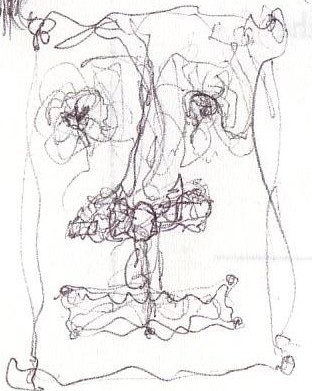Shifts in public opinion follow law of magnetism
To model the consequences of imitation [behavior], the researchers turned to the physics of magnets. An applied magnetic field will coerce the spins of atoms in a magnetic material to point in a certain direction. And often an atom's spin direction pushes the spins of neighbouring atoms to point in a similar direction. And even if an applied field changes direction slowly, the spins sometimes flip all together and quite abruptly. The physicists modified the model such that the atoms represented people and the direction of the spin indicated a person's behaviour, and used it to predict shifts in public opinion.

